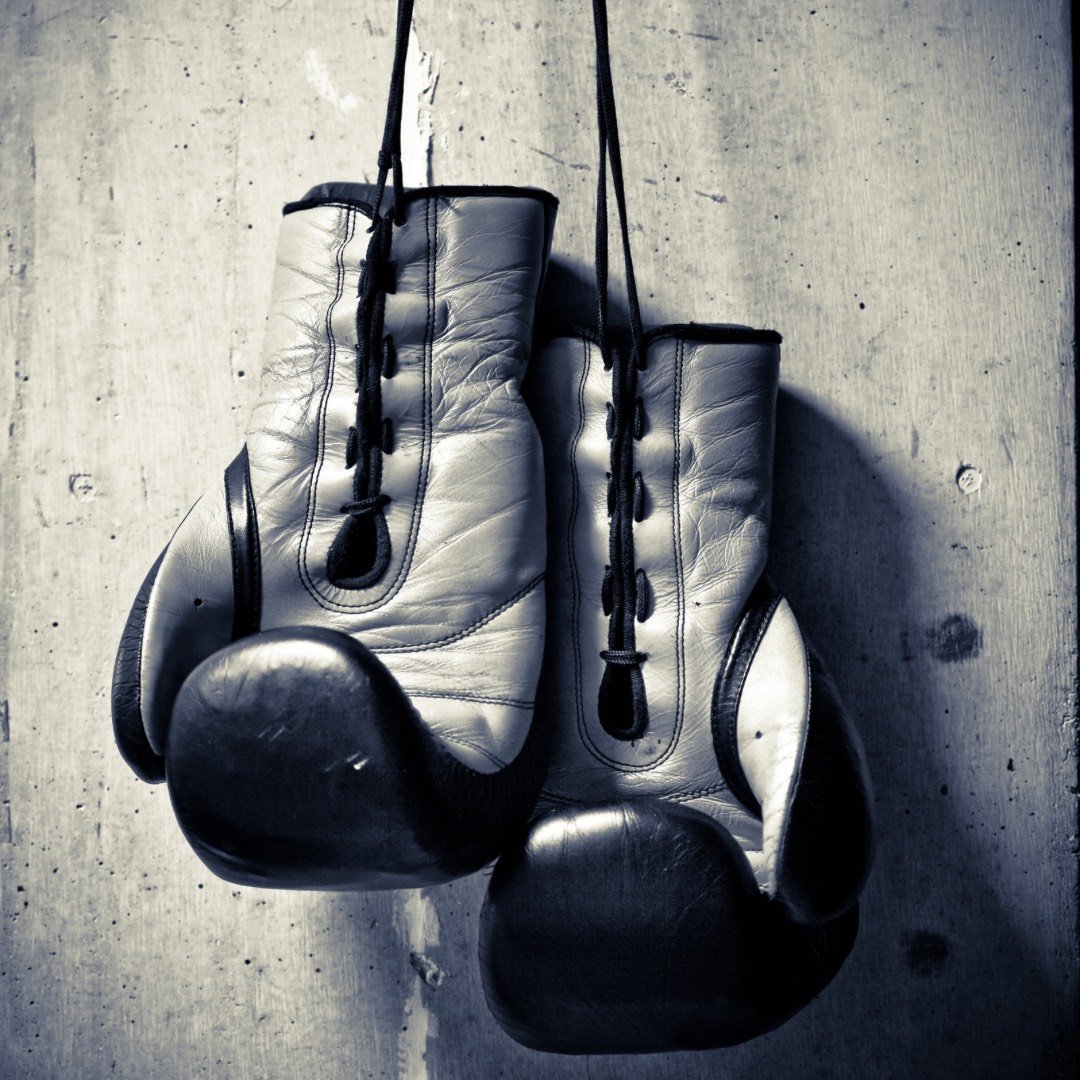God has given us permission to contend with him.
Yes; fight. Argue.
After aggressive prayer for a sick friend, Martin Luther wrote,
"I besought the Almighty with great vigor," he wrote. "I attacked Him with His own weapons, quoting from Scripture all the promises I could remember, that prayers should be granted, and said that He must grant my prayer, if I was henceforth to put faith in His promises." (1)
diagnosis and reversal
Before you suggest that Luther’s approach is an immature form of prayer—suited for rebels and spiritual insubordinates—let’s look at King Hezekiah’s health scare story. Suffering from incurable infection, he received the diagnosis no one wants: You will not recover; put your affairs in order.
King Hezekiah doesn’t take the news lying down; he immediately grapples with God. We can imagine him pounding the wall with his fists:
Hezekiah turned his face to the wall and prayed to the Lord, “Remember, Lord, how I have walked before you faithfully and with wholehearted devotion and have done what is good in your eyes.” And Hezekiah wept bitterly.
See what Hezekiah does here: he contends with God. He engages God passionately and grapples with his will. He doesn’t simply succumb to the bad news.
Then something unexpected happens: Within minutes, the diagnosis is lifted and the grieving king becomes the grateful king. How? Following God’s prompt, the prophet Isaiah goes back to Hezekiah and gives the king a death sentence reversal: ‘This is what the Lord, the God of your father David, says: I have heard your prayer and seen your tears; I will heal you.” (2 Kings 20)
my will could be god’s will.
Could it be that while Hezekiah contended with God—fighting for his own will—this was God’s way of giving Hezekiah what both Hezekiah and God most wanted? “Don’t just give up, Hezekiah. Don’t surrender to the diagnosis. Contend for your life! Ask me to give you what you most want; what I already wanted to give you.”
”come at me, bro!”
Our will was marred and misdirected by The Fall, and its restoration was purchased at the Cross. But part of restoring our will is using our will; we exercise our agency—our capacity to grapple, to push back, to contend. “Will you fight for this?” Even fight with Me?” asks God. God is interested in our participation, not our subjugation.
Wrestling with God is not an indictment of God’s heart, but an affirmation of it. Archbishop Richard Trent declared, “We must not conceive prayer as an overcoming of God’s reluctance, but a laying hold of God’s highest willingness.” We’re holding God to his heart for healing.
Contending is not an act of disobedience; it reflects a relationship.
Sources:
(1) The Struggle of Prayer, Donald G. Bloesch

